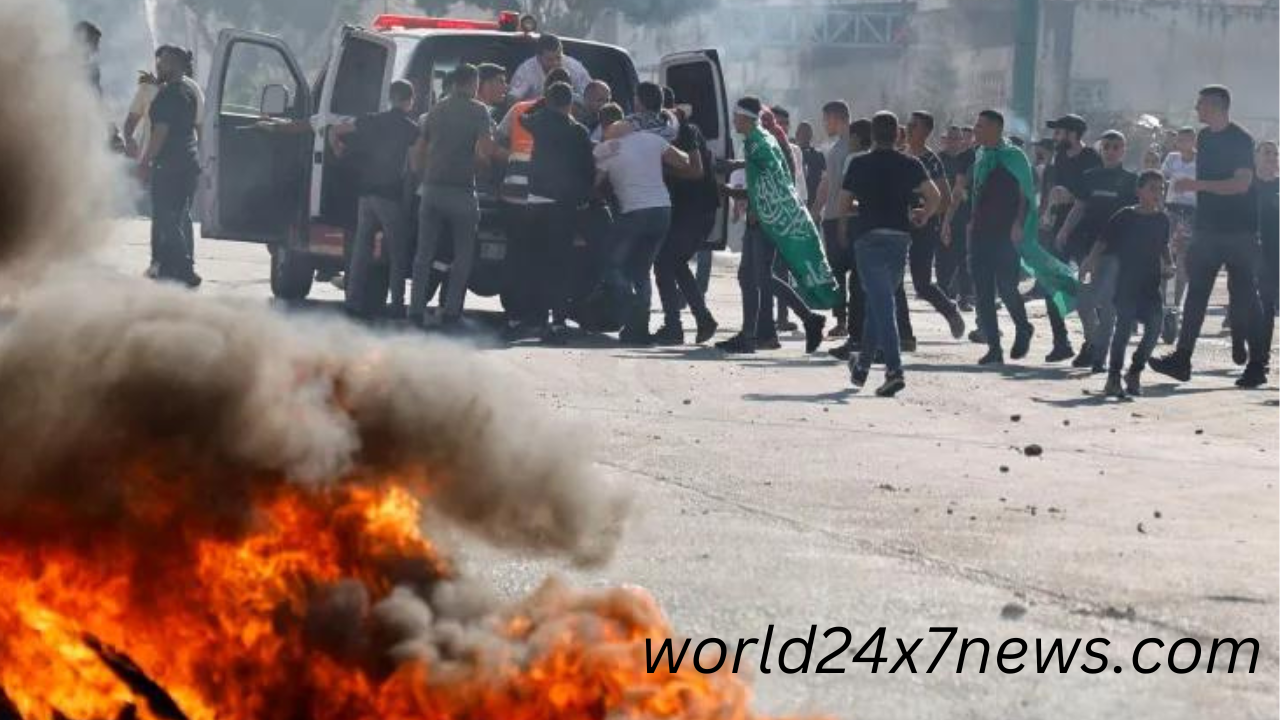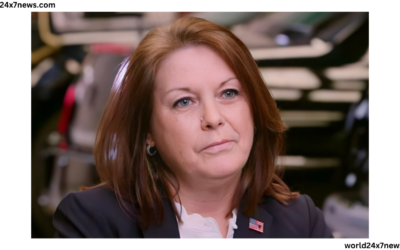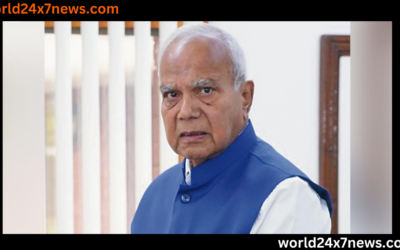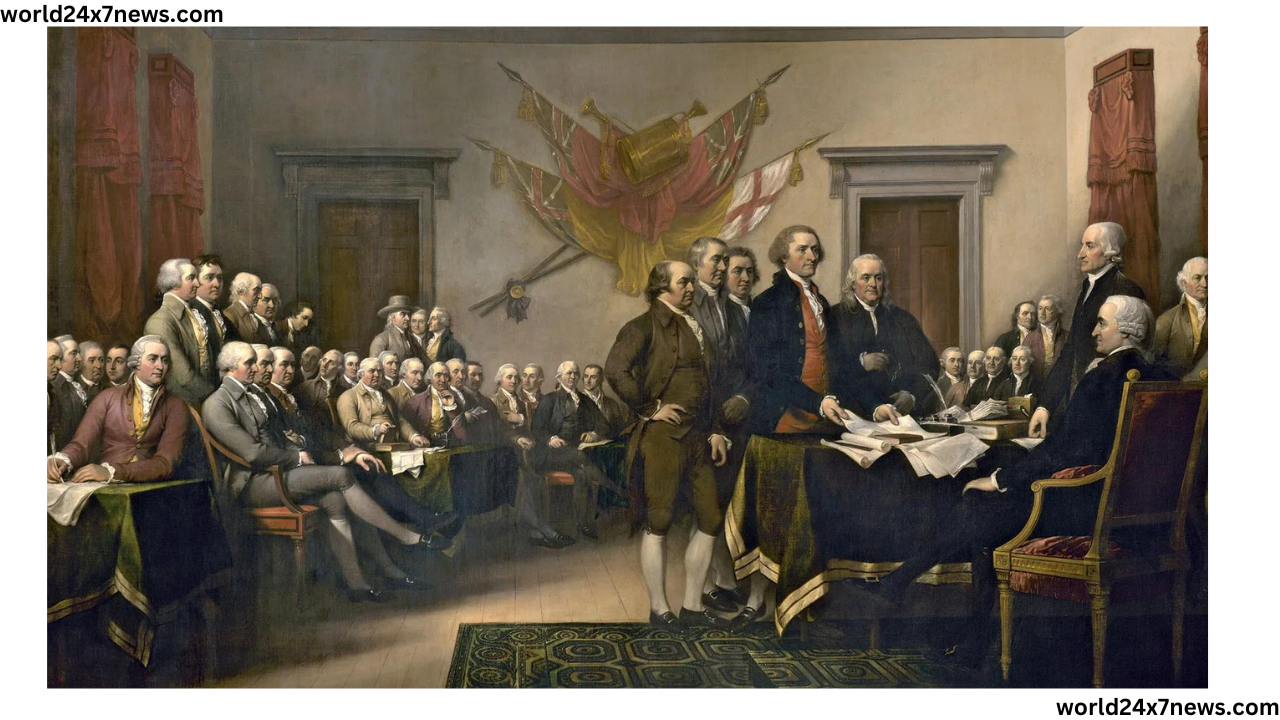Increased Israeli army and settler attacks on Palestinians in the West Bank

Amidst Israel’s sustained aerial onslaught on the Gaza Strip, anxiety grips the residents of the occupied West Bank, who report a surge in assaults perpetrated by settlers and soldiers alike.
Over the past week, a minimum of 55 Palestinians have met their demise, and over 1,100 others have suffered injuries. According to the human rights advocate, Samir Abu Shams, the Israeli military stands in breach of numerous international protocols, notably the Geneva Conventions. These conventions emphatically decree the safeguarding of civilian lives in times of conflict and warfare.
“What we are presently witnessing is the incursion of occupation forces into civilian enclaves, fostering friction, and ruthlessly targeting civilians with firearms, absent legitimate justification,” articulated the 60-year-old from Tulkarem. “A majority of instances where Israeli gunfire was employed transpired against Palestinian civilians commuting.
Israeli army shooting at Palestinian civilian cars & terrorist
On a Friday night, Karem drove his car from the sprawling marketplace in Tulkareme to his home in the southern part of the city at around 8:20 P.M., or around 17:30 GMT. He was on a thoroughfare near Gishuri which serves as the main artery between the western and southern parts of the town.
The Israeli soldiers fired their guns at his car, but Karem didn’t know that they were not the harmless sound bombs he thought they were. As he came to, he realized that he had been hit with three live bullets, each hitting him in the chest, arm, and shoulder with deadly accuracy. The front of his car bore the marks of the bullets, a testament to the terrible situation he had found himself in.
Passionate but still determined, Karem drove down the winding road toward the ambulance that was waiting for him, a ray of hope in a sea of chaos.
Karem’s sibling, Ammar, divulged that he is presently undergoing a second surgical procedure, as the arduous journey to recovery persists. Recounting the prior evening’s events, Ammar detailed the delicate operation where surgeons meticulously extracted the bullet that had lodged itself in Karem’s shoulder, a perilous proximity to his neck. The aftermath of the second bullet’s impact manifested in a fracture and severe damage to the tendons, according to the medical experts entrusted with Karem’s well-being.
Ahmed Zahran, a dedicated member of the Palestine Red Crescent Society stationed in Tulkarem, conveyed a disconcerting account of events. He lamented that Israeli soldiers had indiscriminately opened fire upon four civilian vehicles within the same vicinity on that ill-fated Friday. Tragically, one Palestinian lost his life, and seven others bore the burden of grievous injuries as a result. Among the victims was a second Palestinian, a mere 16 years of age, who had sustained a gunshot wound on that ominous Friday and succumbed to his injuries the following day.
Ahmed’s team promptly responded to the scene, their ambulance a lifeline amid the chaos. What met their eyes was a white Hyundai car, a canvas of despair, riddled with bullet holes. All four passengers lay wounded, their conditions teetering on the precipice of critical. The team sprang into action, transferring three of the injured with urgency. However, as they retraced their steps to reach the fourth Palestinian, they were met with a horrifying reality – the Israeli military had turned their sights on the medics and their ambulance, targeting them in a shocking act of aggression.
Undeterred, Ahmed and his team pressed forward, their dedication unwavering even in the face of adversity. Simultaneously, they received reports of another vehicular attack, a mere 30 meters (98 feet) distant from their location. Upon closer inspection, they found an abandoned vehicle, left desolate in the middle of the street, devoid of any occupants, but bearing the scars of the violence that had unfolded.
Settler attack
On that Thursday evening, as the sun began to dip below the horizon, Randa was in the car with her son Ismail and her husband, heading home from the quiet village of yabrud to the busy city of ramallah.
As they drove, Ismail’s father slowed down the car, but their fears were soon realized: it wasn’t soldiers, it was Jewish settlers, armed with flashlights and guns, trying to ram their vehicle.
In a panic, Ismail sped up as fast as he could to get away, but one of the settlers fired rounds into the sky, sending shivers through the car.
Ismail, who was only 19 years old at the time.
The settlers, seemingly fueled by aggression, unleashed a fusillade of bullets. The first round found its mark, striking Ismail in the foot before lodging itself within his mother’s body, finding a fateful resting place near her kidney. Randa, a mother of seven, was no stranger to the concept of selflessness, having previously donated one of her kidneys to her own brother.
A second bullet, with unrelenting force, shattered the rear window before penetrating Ismail’s shoulder. In the midst of this turmoil, a heavy shroud of disbelief descended upon the family. They continued their journey, initially assuming that Randa had been merely injured. There was an absence of the telltale signs of blood, leading them to believe that she had succumbed to fear-induced unconsciousness. However, the truth was more devastating than they could have fathomed. It was an explosive bullet that had insidiously lodged in Ismail’s foot and found a fatal harbor within his mother. Their innocence had been shattered.
The journey continued to a medical center located in the village of Silwad, where the urgency of the situation necessitated immediate medical attention. From there, an ambulance transported them to Ramallah Hospital, a sanctuary of hope amidst the tragedy.
Ismail, emotionally burdened and unable to continue the interview, sought solace in the videos of his mother’s funeral, as circumstances had prevented his physical presence. “She was loved by everyone,” affirmed her grieving brother, Abdullah, a testament to the enduring impact of Randa’s presence in their lives.
Danger on the roads for Palestinian drivers
The taxi drivers who ply their trade along this route have been forced to cut back on their activities due to a combination of factors, including checkpoint closure and an alarming increase in settler violence.
“I used to drive 112 cars a day on this route,” said Nael dweikat (51), a seasoned taxi driver. “It was the only way to get from Nablus to Ramallah.”
Today, however, only 25 vehicles traverse this treacherous road, most of which are driven by residents of nearby villages. The reason for this dramatic change in transportation habits can be traced back to the danger that now surrounds these roads.
Many of the access points to the strategically located Palestinian villages along this route are sealed off with makeshift dirt barriers, and the inhabitants of those villages have stayed away from the roads. They only venture out when absolutely necessary.
The environment has gotten increasingly tense, and even the act of traveling has become a terrifying event. Settlers have begun obstructing and pelting Palestinian vehicles with stones at several intersections around the West Bank, exacerbating the dangers of the journey. For some drivers, the journey between governorates has become a five-hour odyssey, a monument to the fundamental problems that now define the once-familiar Nablus-Ramallah routes.
Also Read















